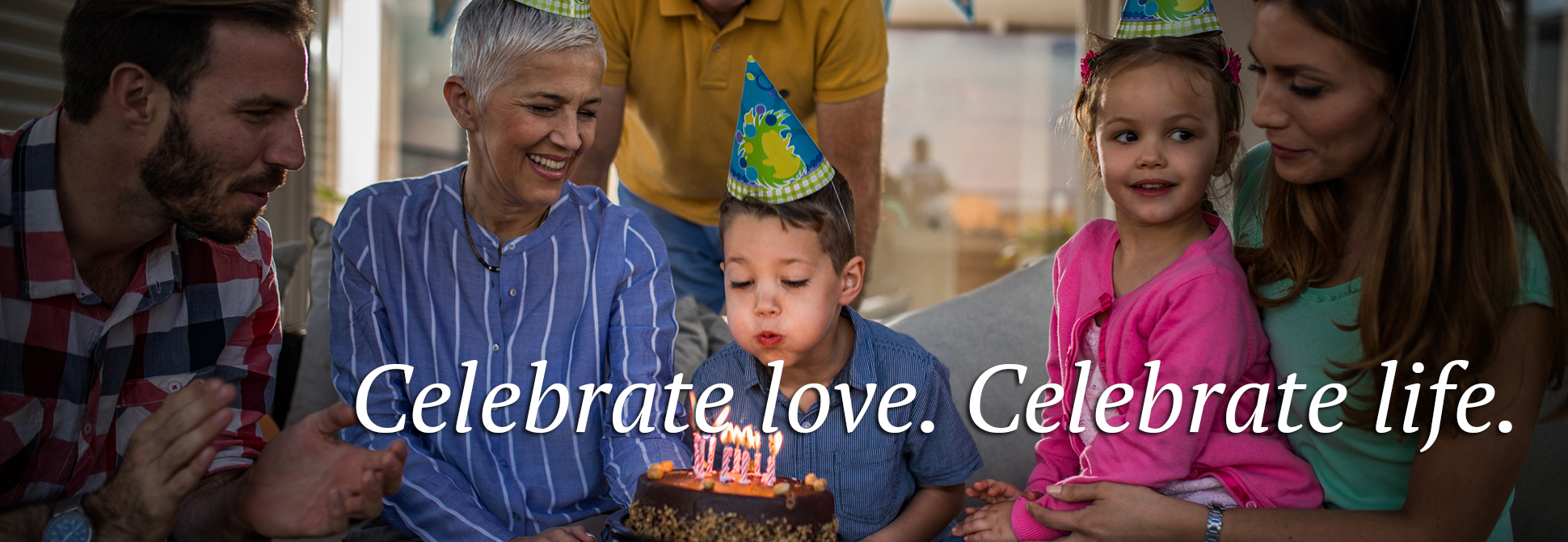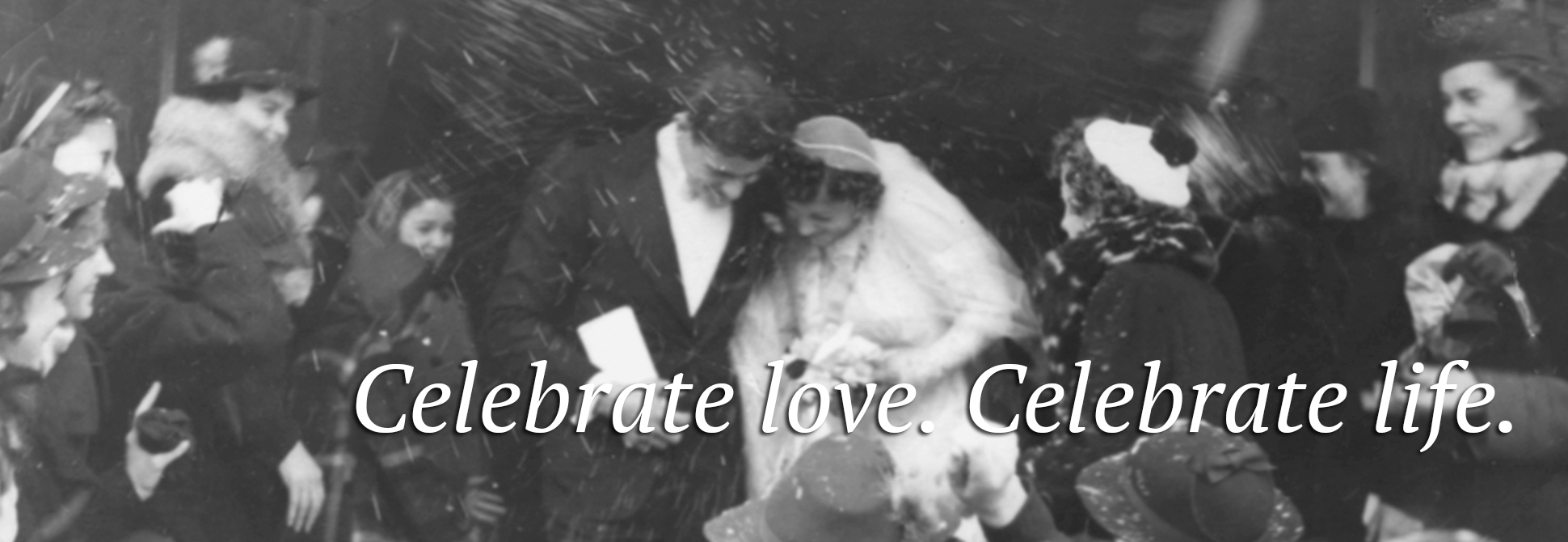How included should children be in funerals?
This is a great question that often gets asked. For the record, I am not a licensed psychologist, counselor, or even a parent. However, my study and observation have provided me with several insights. My foundational thought is that children are not born fearing death. The fear of death is a learned behavior patterned after words, actions, and beliefs of others. Actually, the opposite is often true; children have a natural openness and curiosity of death. This openness gives parents and those close to the child a golden opportunity to teach them that death is a natural and universal part of all life and it doesn’t need to be feared. Death also offers a teaching moment of spiritual beliefs of the family.
Age, individuality, and maturity play a very important role in how to involve children in funerals. Adults can be identifying “teaching moments” that begins to prepare children long before a death occurs. The death of pets and other animals provide such opportunities. Likewise, adults can use illness and hospitalizations of the terminally ill to get children more comfortable with the reality of death.
Adults grieve because they have lost someone they have loved. Children grieve for the same reason; however, their grief will be expressed differently. Their grief should not be ignored but acknowledged and honored. They should be included in all aspects of the funeral process, to the extent they want to be. After explaining to them what is happening, let them decide to the extent in which they wish to be involved. Forcing them to do something they don’t feel comfortable doing may emotionally harm them. Do not insist that they touch or even view the body. If they want to, certainly allow it. I have witnessed children as young as six years want to see the body placed into the burial vault in the grave. Observation dispels speculation.







Comments